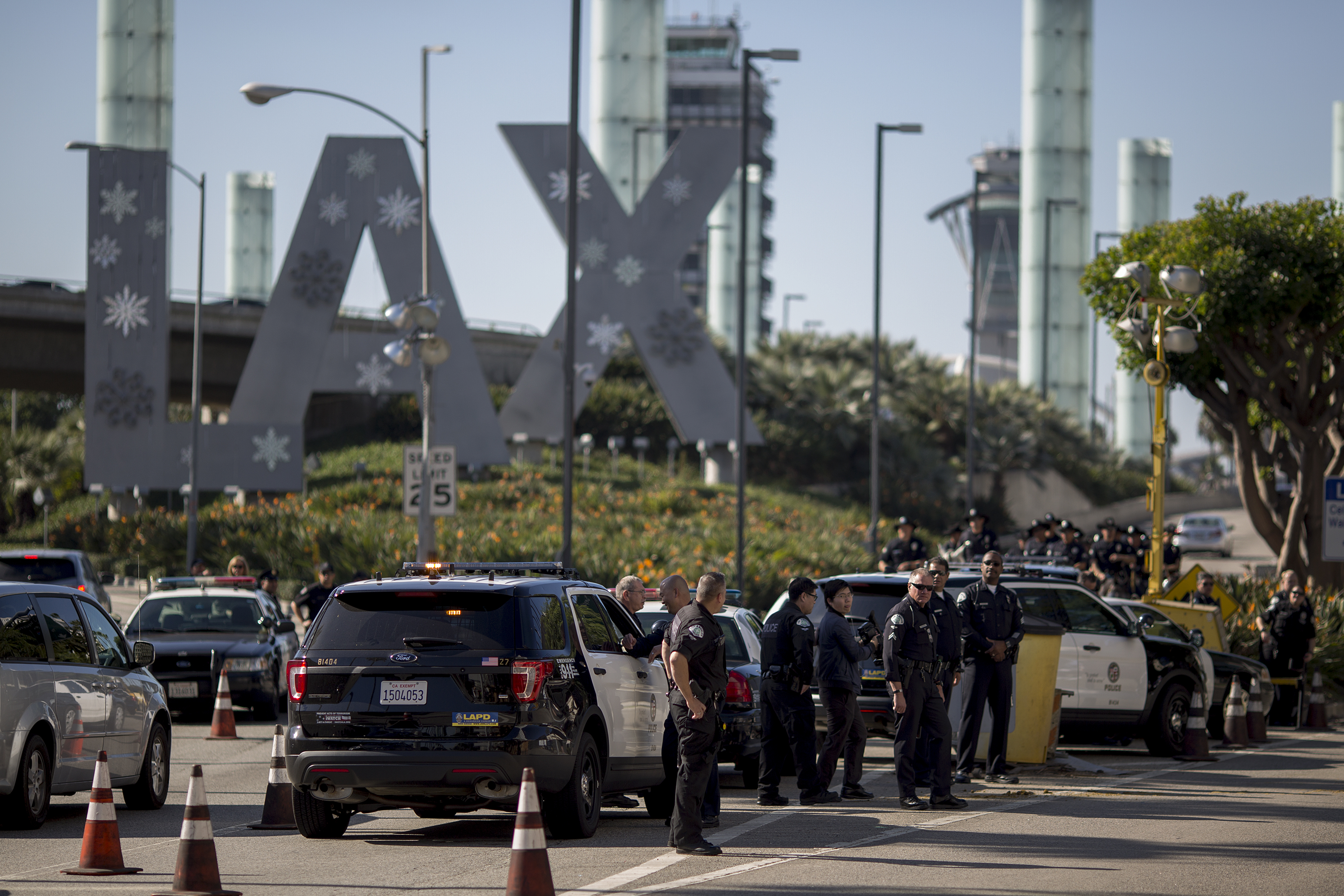Californians will decide whether to raise the statewide minimum wage in November, just months after fast-food workers’ wages were increased to $20 an hour.
The existing minimum wage in California is $16, up from $10.50 in 2017 under a law calling for incremental increases. This year’s ballot initiative, Proposition 32, has proposed raising the state’s minimum wage to $18 per hour in 2025. For employers with fewer than 25 workers, the change would take effect in 2026.
This would make California’s minimum wage the highest in the nation, surpassed only by the local wage in West Hollywood, which is currently $19.08.
Anti-poverty advocate and investor Joe Sanberg has been the driving force behind the recent movement to raise the minimum wage in California. He submitted the initiative in 2022 but did not collect enough signatures to qualify the measure for the ballot until 2024.
“The passing of this bill would be a significant achievement for the most populated state’s workers and economy,” the San Francisco Living Wage Coalition—a grassroots movement of low-wage workers advocating for raising minimum wages—said in a press release.
The coalition said the potential passage of the measure this year would come at a time when “people have become more aware of the cost of living in California and how it continues to rise to unprecedented levels, despite wages staying stagnant.”
The proposition is also supported by One Fair Wage, an anti-poverty organization with chapters in 13 states and Washington, D.C.
“All CA workers need a living wage of at least $22-$24/hr to survive,” the organization said in a statement.
In April, state fast-food workers’ minimum wage rose to $20 an hour. Though some opponents had predicted the industry would shed thousands of jobs because of the added costs, labor data for May showed a gain in fast-food jobs from the previous year.
California’s current fiscal emergency—declared by Gov. Gavin Newsom in June after signing the Legislature’s budget act into law—has spurred conversation about whether a statewide increase in the minimum wage would harm the economy.
“When the minimum wage is increased, it really hurts the small mom-and-pop shops,” Nathan Magsig, supervisor for Fresno County’s Fifth District, told The Epoch Times.
He said he would rather see California improve its economy by pushing entrepreneurship in industries such as lumber and oil, which he said would lower the overall cost of products for consumers.
He said the wage increase “looks good” on paper but “in practice it actually drives people to unemployment and greater poverty.”
The National Federation of Independent Business, a small business advocacy group representing 13,000 California businesses, has taken a strong stance against Proposition 32.
“The one reigning [and] kind of dominating word that we are hearing from small business owner members now is uncertainty,” John Kabateck, the California state director of the federation, told The Epoch Times on July 11.
Mr. Kabateck argued against a “one size fits all” minimum wage, which he said was “well-intentioned” but ultimately would lead businesses to further stress already-thin financial operational margins due to local permits, regulations, and requirements that cost them money every day.
“Small business owners are screaming for certainty and hope to keep their lights on, people employed, and customers walking through the door,” he said.
He acknowledged the potential passage of the proposition this year could yield “short-term” benefits for workers by giving them “a few extra dollars in their pocket. But at what cost, long-term?”














